Competition on TV is intimidating: Sanjay Leela Bhansali (Interview)
Filmmaker Sanjay Leela Bhansali, who is entering the cluttured TV medium with "Saraswatichandra", a show replete with "never-seen-before grandeur", says he feels intimidated with the competition on small screen. Nevertheless, he admi
Published: Thursday,Feb 14, 2013 17:50 PM GMT-07:00
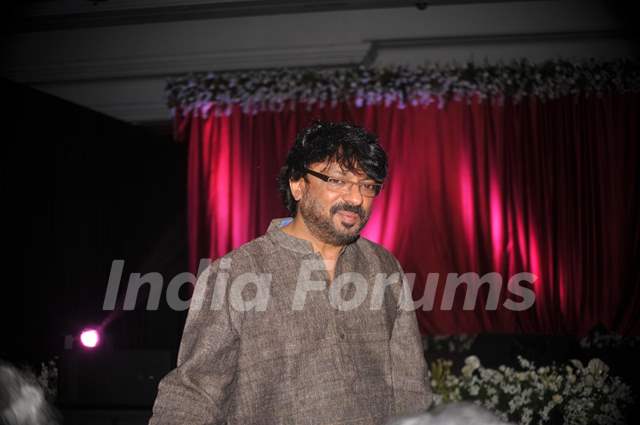
Filmmaker Sanjay Leela Bhansali, who is entering the cluttured TV medium with "Saraswatichandra", a show replete with "never-seen-before grandeur", says he feels intimidated with the competition on small screen. Nevertheless, he admits he is now keen to expand his presence on the medium.
"To begin with, I didn't understand the medium. The whole thing about TRPs (television rating points) ruling the content was a little troubling. And the competition on the medium is just so intimidating," said the 49-year-old.
The show, starring Gautam Rode and Jennifer Winget, goes on air on Star Plus starting Feb 25.
Excerpts from the interview:
Q. What made you go into television production with "Saraswatichandra"?
A. Look at the reach of the medium! Today soaps and serials go into every home. In terms of numbers, TV has a far bigger reach than cinema. The demograph of the home-viewing audience fascinated me. Every home doesn't have audiences going to the cinema. But every home has a TV. I wanted to explore the medium, but not with the usual kind of soaps.
Q. But for you, who thinks larger-than-life epic cinema, this step into the living room would appear to cramp your style?
A. It wasn't easy, I can tell you that. To begin with, I didn't understand the medium. The whole thing about TRPs (television rating points) ruling the content was a little troubling. And the competition on the medium is just so intimidating. One has to sustain the viewers' interests over a long period of time.
Q. Any regrets about taking the plunge?
A. Are you joking? Of course not! I've learnt so much from the experience. Now we're looking forward to seeing the serial on air. I hope it gets the kind of attention and love that we've given it. When I decided to do a serial based on Govardhanram Madhavram Tripathi's Gujarati novel 'Saraswatichandra', I knew exactly what I was getting into. The book is a massive achievement running into several volumes.
Q. You are no stranger to literature, are you?
A. 'Devdas', of course was based on Saratchandra Chattopadhyay's novel. 'Hum Dil De Chuke Sanam' was also adapted from a Bengali literary work, and of course 'Saawariya', which I am the proudest of, is adapted from Fyodor Dostoyevsky's short story. I love putting literature to film. 'Saraswatichandra' is considered the mother of all Gujarati fiction. I wanted to make a film out of it.
Q. Then what happened?
A. The film didn't work out. The novel running into several volumes, was too voluminous. Somehow it rendered itself far better to a TV adaptation. It has all the ingredients - the drama, twists and turns to hold audiences' attention for a period of time. While I could telescope the nuances of 'Devdas' and 'Hum Dil...' into one feature film, condensing the sprawling epic narration of 'Saraswatichandra' into that format was impossible.
Q. Which would you say your serial 'Saraswatichandra' is closer to 'Devdas' or 'Hum Dil...', in terms of look and flavour?
A. I'd say both. If I may say so, the kind of grandeur in 'Saraswatichandra' has never been seen on Indian television before. But more than that, I think it is the idealism and progressive ideas of the protagonist that I wanted to bring to the home medium. The novel was written 1887. But the ideas are relevant today.
Q. There was a highly-acclaimed 1968 film based on the same novel.
A. I am big fan of Govind Saraiya's film. His interpretation of the novel was masterly. If we could capture even an iota of the film's drama and emotions, I think we've done our job. However, let me add that our serial is very different from the film. Our serial is far more contemporary. We've relocated it in a urban setting. And the ideas have been somewhat contemporised. But the basic values of the novel have been retained.
Q. What are these values?
A. It shows us a reformist hero who puts social progress above self. I think we need more such heroes. It is also a great love story. Most importantly, it tells the youth they need to give back to society some of what they get.
Q. How deep would your involvement on television be?
A. As deep as it can get. I've been very fortunate with this project. Star Plus have been extremely co-operative. There has been no interference from them, and yet they are there on the project hands-on. In spite of television being a new medium for me, it has been a deeply enriching experience for me. I hope to do more on television that hasn't been done before.
Your reaction
 Nice
Nice Awesome
Awesome Loved
Loved LOL
LOL OMG
OMG Cry
Cry Fail
Fail

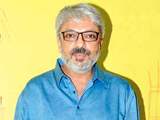



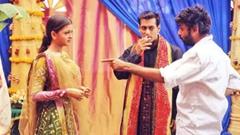



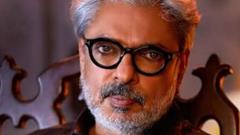



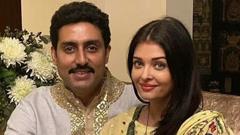



Comments (21)